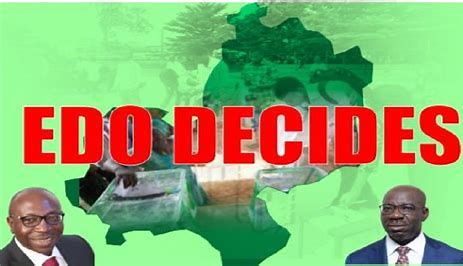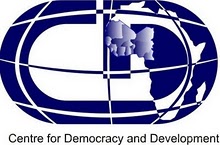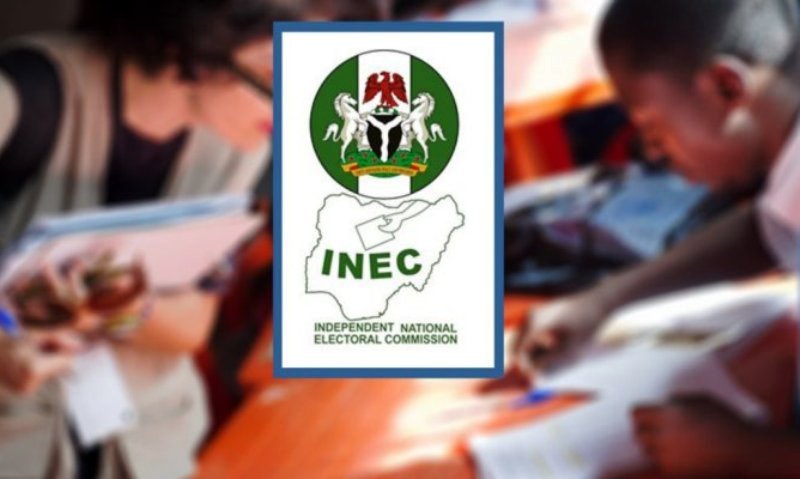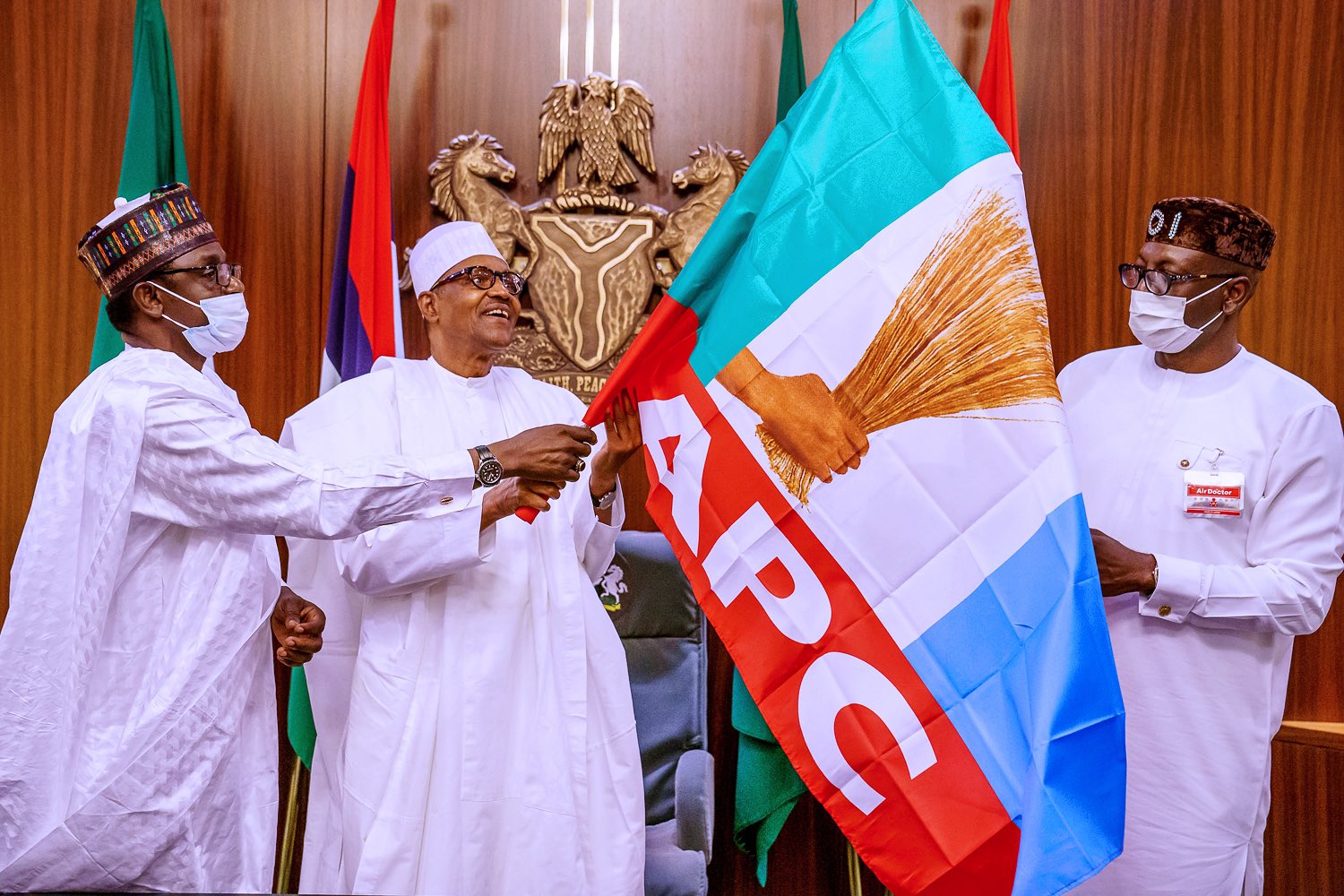Centre for Democracy and Development (CDD-West Africa) on Monday,, said politicians should be required to publicly disclose their sources of income to foster accountability and develop public trust.
Director CDD, Idayat Hassan, said this at the launch of the Democracy Watch Reports, a series of reports that examined the state of democracy in Nigeria since May 1999 in Abuja.
Hassan said that the measure was necessary to forestall corruption in the country as contained in Nigeria’20 years of anti-corruption report .
She said that the three reports launched by CDD were meant to gauge the performance of Nigeria against some basic attributes of democracy and socio-economic transformation in the last two decades.
She said that the first report interrogated data on human rights condition in Nigeria while the second report questioned the anti-corruption efforts of Nigeria by x-raying the activities of anti-graft agencies and the third report examined the economic plans of the various administrations in Nigeria.
Hassan said that for each of the reports, CDD made some recommendations asking that to forestall corruption,legislators should collaborate with anti-corruption agencies and commissions to enact legislation affecting the prosecution of corruption cases.
“Given the decentralised nature of cryptocurrency, legislators should amend vital legislation to address virtual money laundering concerns.
“The National Assembly should revise the Code of Conduct Bureau Act to permit public disclosure of officeholders’ asset declarations without jeopardising officeholders’ privacy or safety.
“The Presidency and National Assembly must strengthen their supervision over ministries, departments, and agencies and collaborate to reinforce their legal and administrative mandates.
“ Nigeria’s international partners should support national efforts by taking firmer measures to deter public funds theft and prevent illicit financial flows.
“Finally, our third report recommended that Nigeria needs economic policy reforms especially diversifications so that major macroeconomic variables can be brought under control.
“This is urgently needed more than ever because of the economic and fiscal challenges brought about by the collapse of the global oil prices occasioned by the COVID-19 pandemic,’’she said
Hassan said that to address the issue of human rights violations, the report urged the government must ensure to safeguard the constitutional guarantees of human rights.
She said that security forces should be effectively trained and regulated in this area to avoid human rights breaches.
She added that the Federal and State governments were urged to take note of and execute relevant recommendations from various human rights panel reports.
She said that Civil Society Organisations could contribute to the training of security professionals in the conduct of ethical civil military operations.
She also urged media houses should give priority to investigative journalism that focuses on human rights issues to bring the abuses to the public attention and assist in holding government accountable and educate the public about their human rights and avenues for redress.
She said that public participation in governance was also critical for a democracy to ensure that citizens demand their fundamental human rights and are held accountable for any violations.
Hassan some of the major findings of the report showed that over 70 per cent of the prison population in Nigeria was made up of detainees awaiting trial, with over 20 per cent awaiting trial for more than a year.
The report also showed that Nigeria had not fared well in all human rights indicators used, despite utilizing the basic indicators.
“This trend, it said even deteriorated with the fact that there is now an emergent trend of security officers receiving orders from elites in Nigeria to remand detainees for longer on spurious grounds.
She added that that the menace of unlawful detention has become rather pervasive such that it has required the intervention of ECOWAS special court in some cases.
Hassan said that the report condemned extra judiciary killing of innocent Nigerians as witnessed since the advent of democracy in 1999.
Hassan said that to address the issue of human rights violations, the report urged government to safeguard the constitutional guarantees of human rights which they swore to uphold.
She, however, said that the report called for public participation in governance so as to ensure that citizens demand their fundamental human rights and are held accountable for any violations.
Adebayo Olukoshi ,a distinguished Professor With School of Governances , while delivering his keynote address, said the purpose of democratisation needed to be redefined.
Olukoshi said that Nigeria should be able to deliver development and job opportunity adding that failure to do that the nation’s quest to strengthen and consolidate democracy would amount to jumping on the same spot without making progress.
He urged political parties to be more programmatic rather than pursuing personal goals and God fatherism type of politics.
‘‘This report for me is an attempt to offer a balance sheet of the road we have traveled since 1999.
“ In the early years of our transition, we made fairly significant progress. Our story subsequently becomes that of under performance in democracy governance.
‘‘There has been a gradual closing of civil spaces and conscription of civil liberties in the country, including restriction of media freedom and independence.
”In spite of the best efforts of election management authorities, we have seen a continued assault on election integrity in the country. Therefore, the struggle to make vote matter remains a live one.’’
In his remarks, INEC Commissioner in Niger State, Prof. Sam Egwu, described the report as a deep reflection on Nigeria’s journey for the past 20 years plus coming from very authoritarian background.
‘‘We have seen flowering civil and political liberties, regular and periodic elections with some degree of improvements.
“ We have seen some degree of competition and acceptance of defeat but we have not been able to bring so much benefits to people in terms of material upliftment.
‘‘We have been blindly trying to build a liberal democratic order that has not factored in the importance of welfare of the people,” he said.
Egwu said that there was need to really interrogate Nigeria’s type of democracy and alongside improving our elections, by thinking of a type of democracy that would put in place measures to empower common citizens and make them come out of poverty.
He also called for the need to work on national unity and integrity, and try to a develop liberal democratic order.






